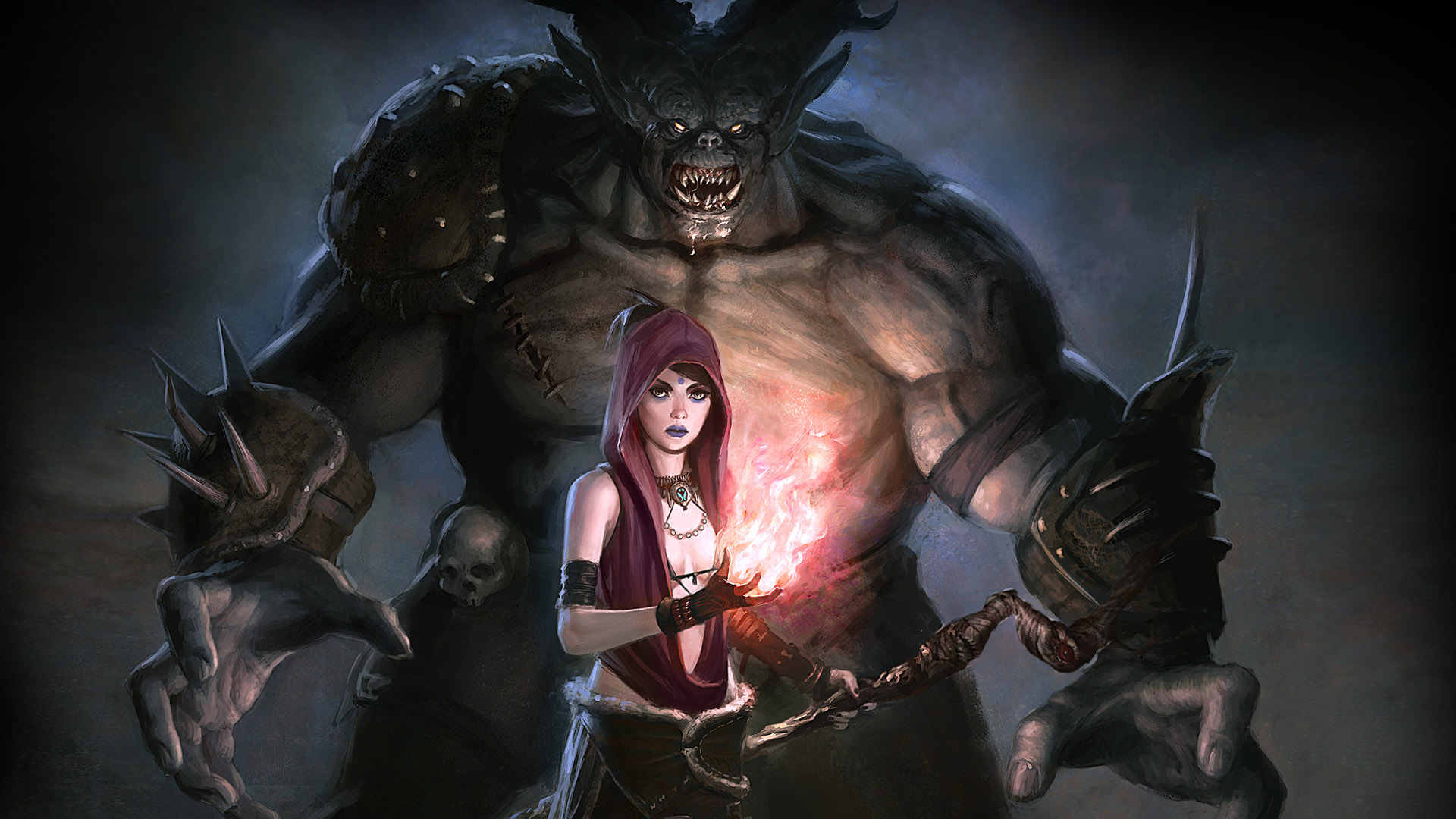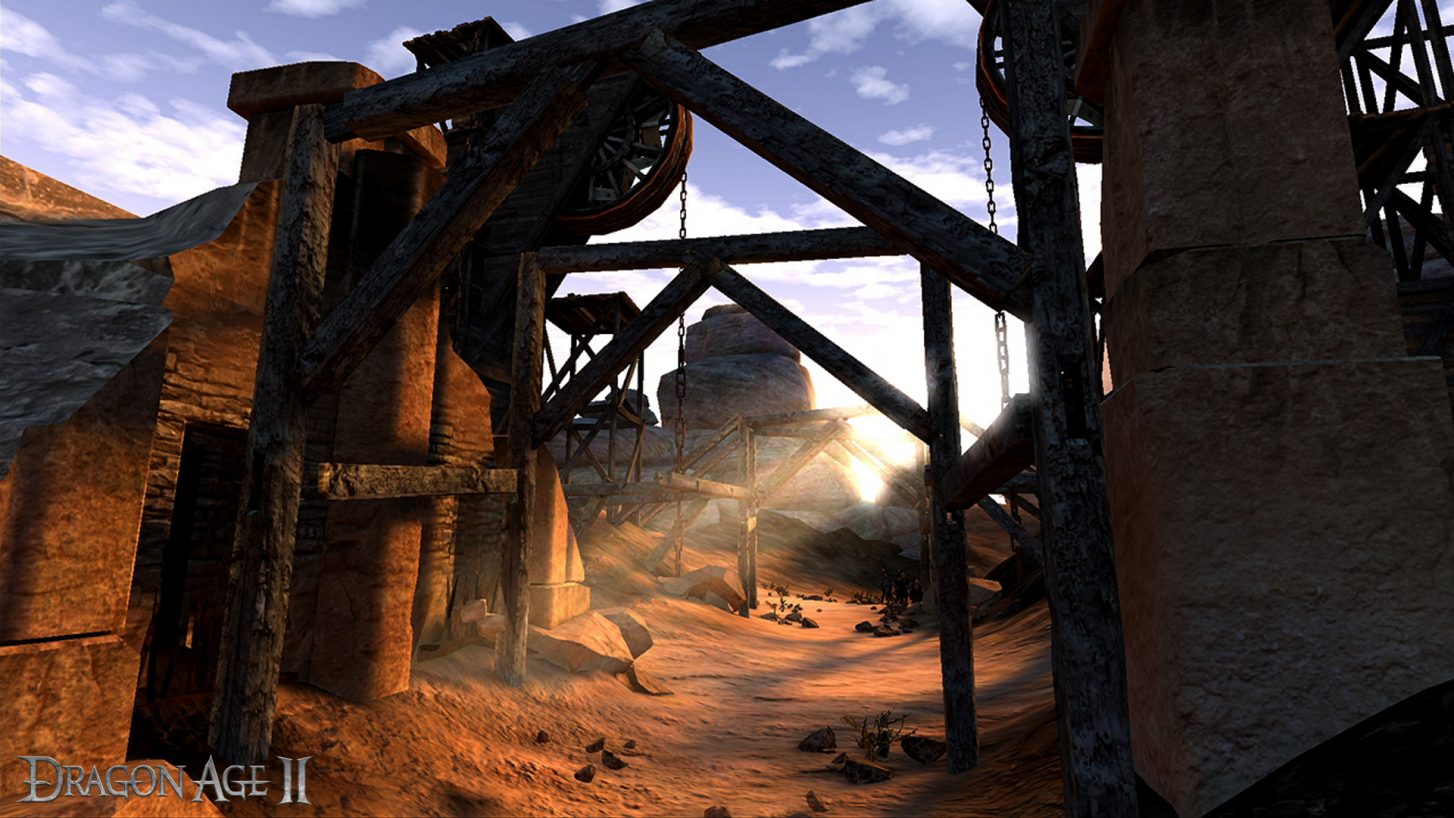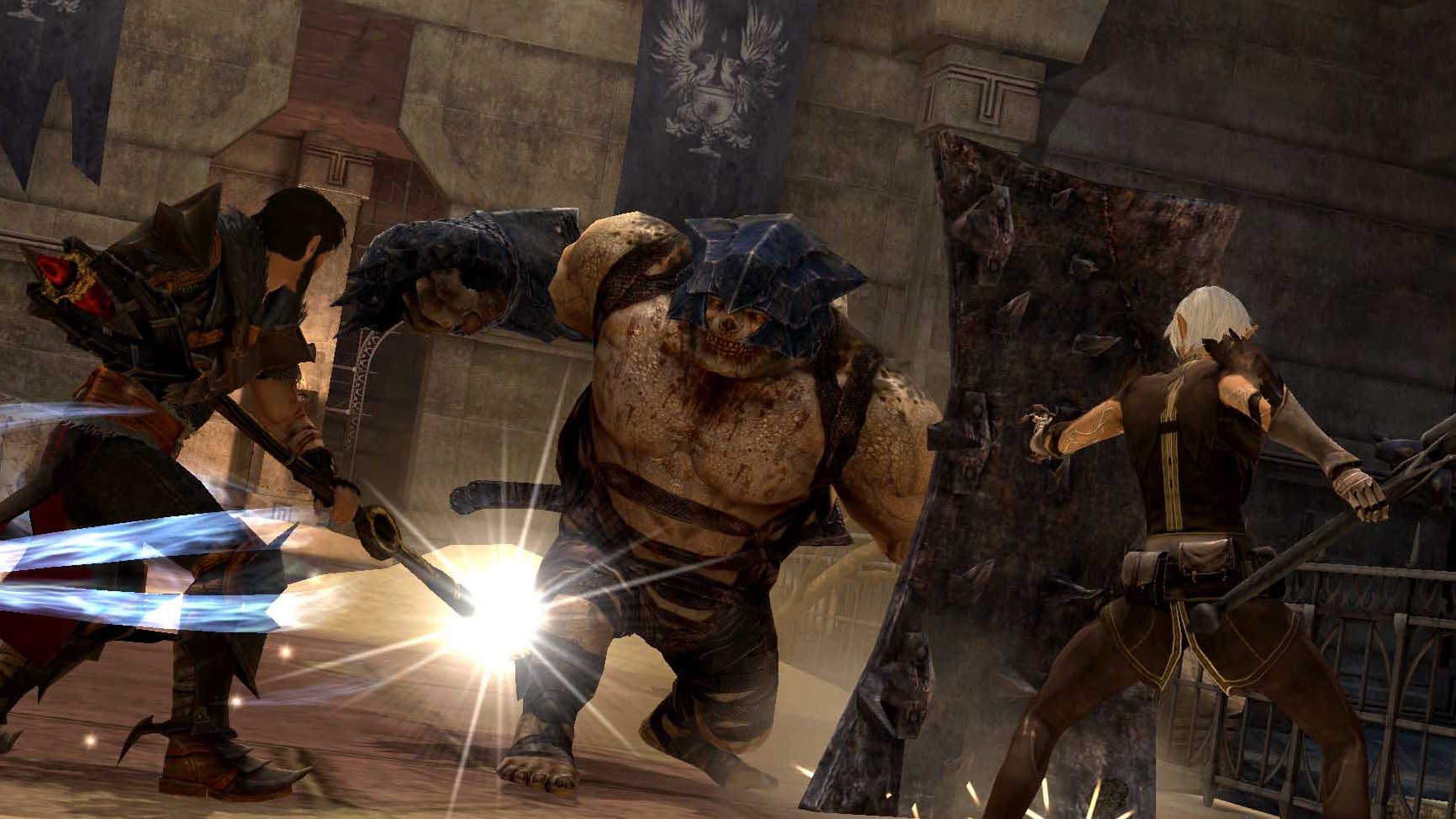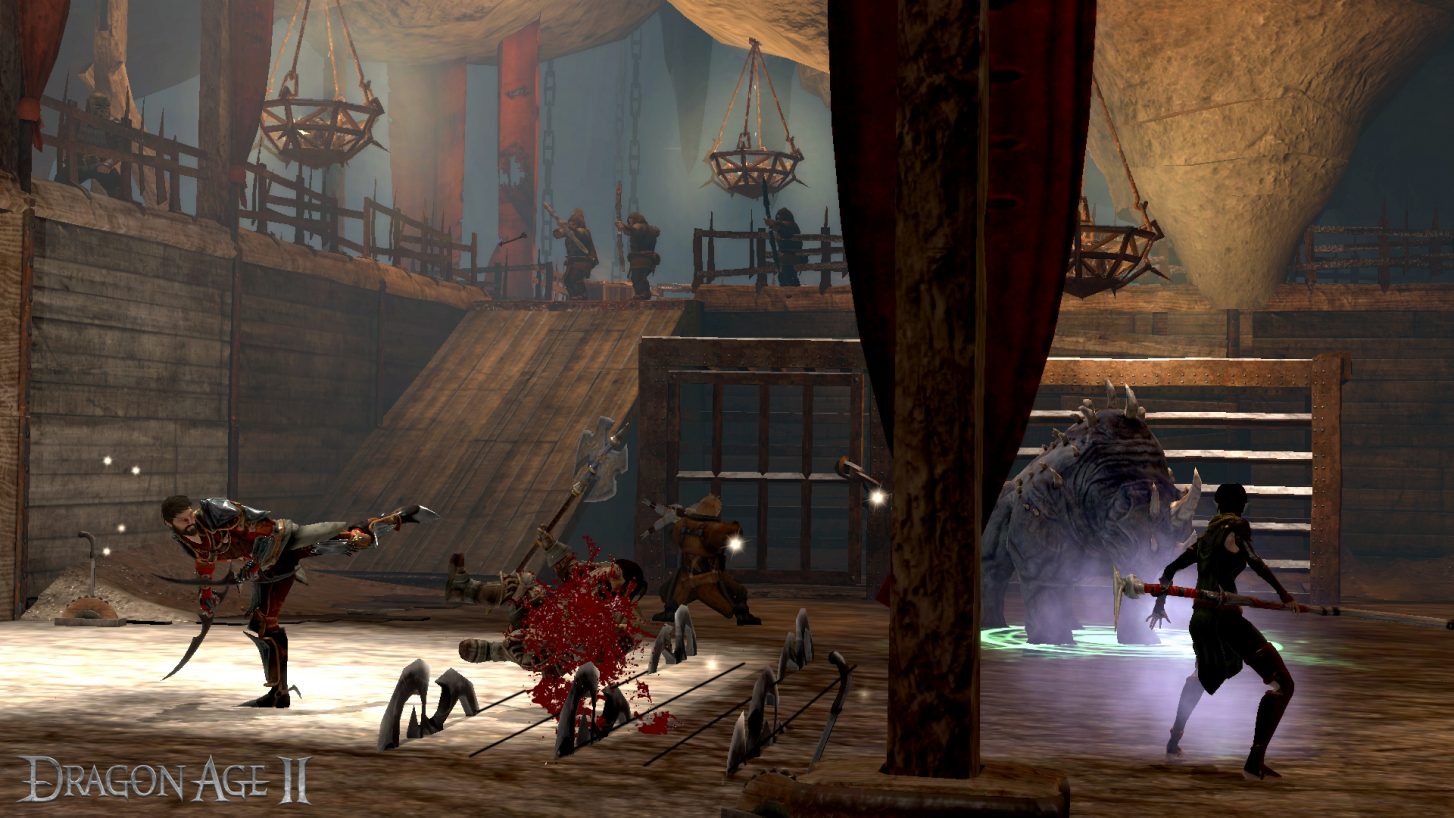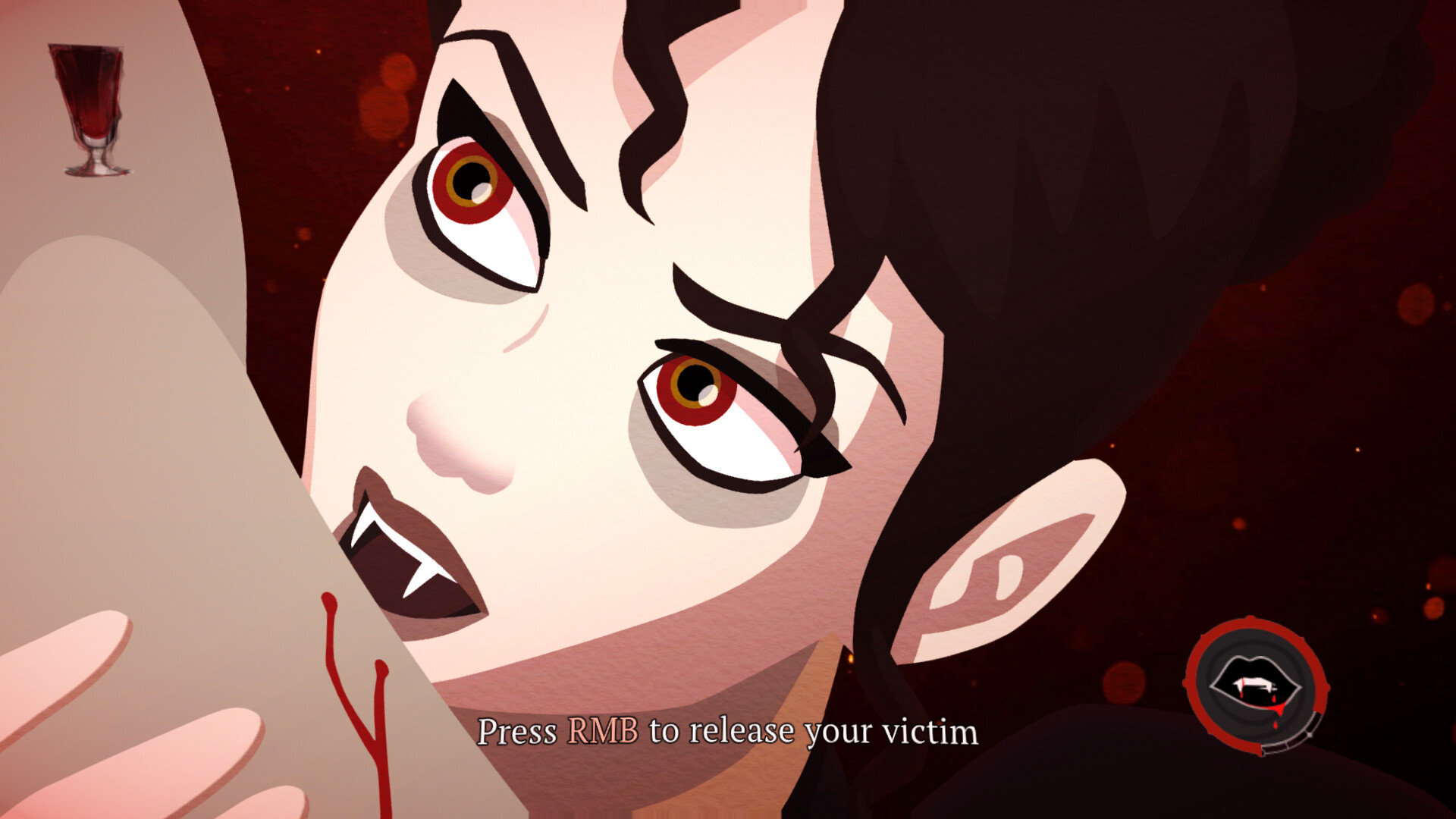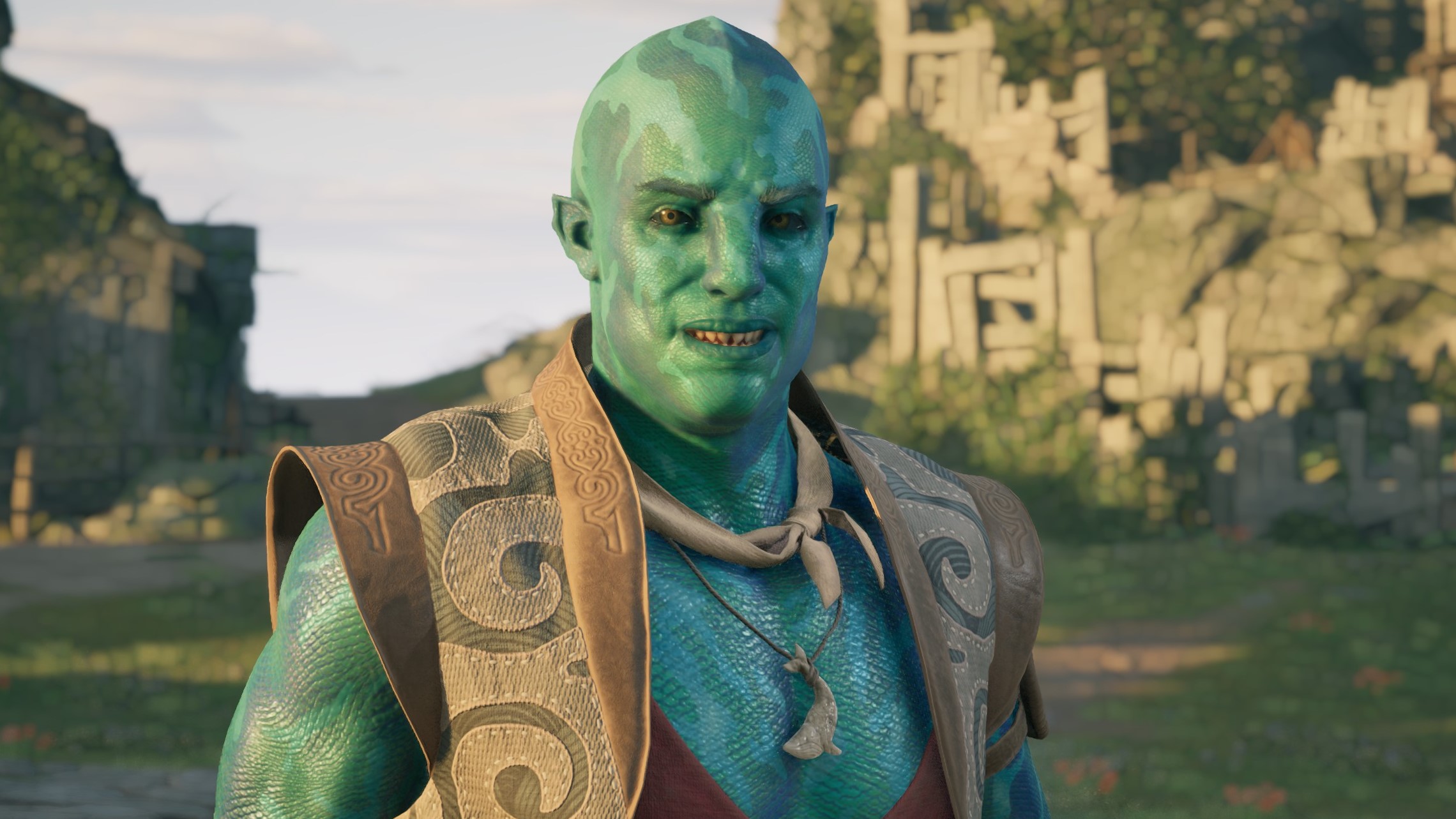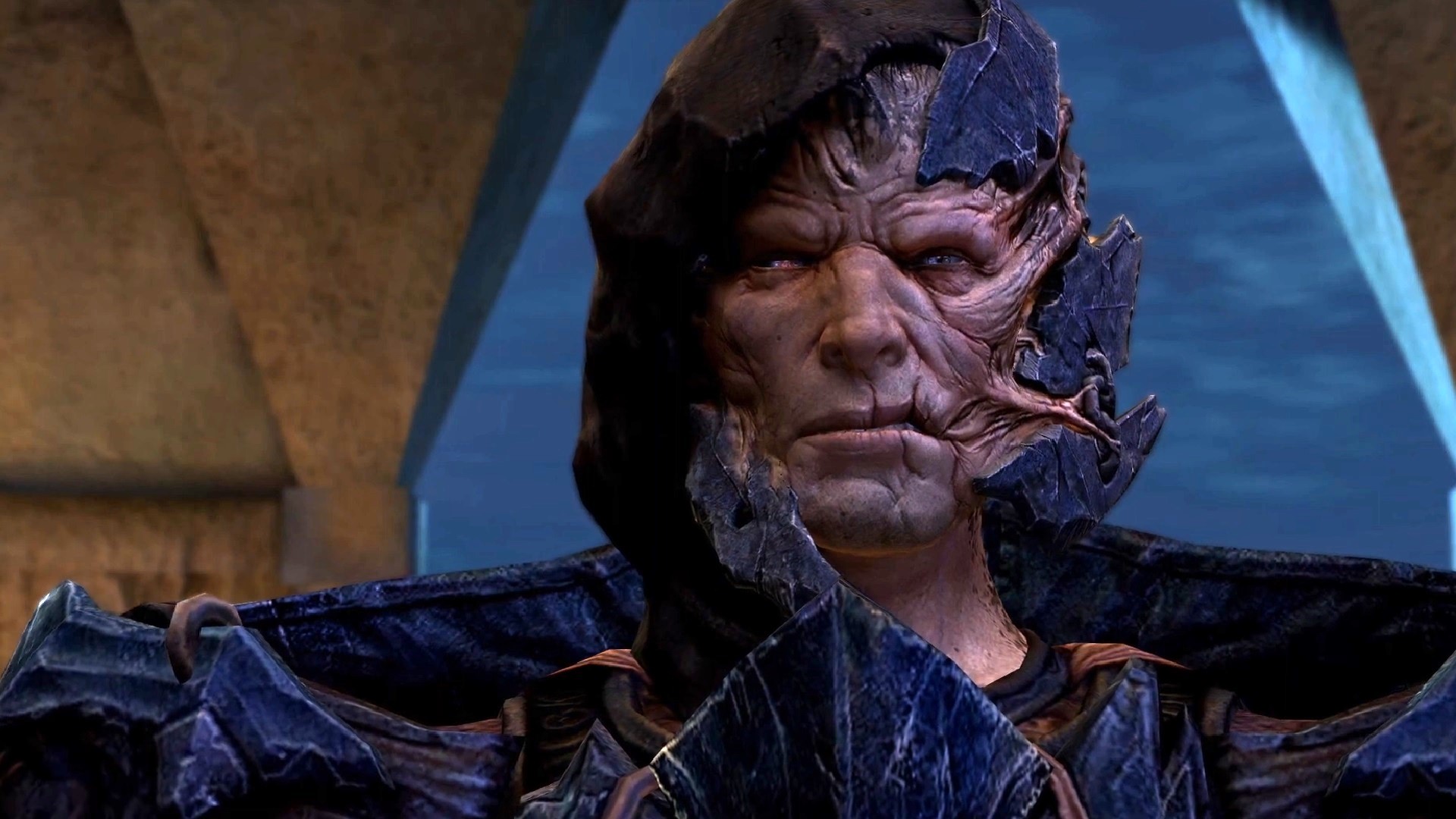
Encounter design, baby.
All this week we’re looking back on the best of the Dragon Age series, to celebrate its 15th anniversary. We’ve got loads of great Dragon Age opinions and retrospectives, and we’ll be adding more to the list in the days to come.
Dragon Age is an utterly baffling series that has reinvented itself three times now, but one of its more confounding choices was having the main plot of Inquisition pretty much flow entirely from Dragon Age 2’s first DLC, Legacy. All the Mage-Templar stuff DA2 teed up mostly got resolved in Act 1 of Inquisition, and the real meat of the plot is obsessed with some Cenobite-type guy who unhelpfully looks like a season pass premium skin of another, different Dragon Age DLC villain.
But despite all the plot funkiness, Legacy has something else to recommend it aside from being required reading for Inquisition: Legacy is Dragon Age 2 at its full power, Dragon Age 2 with actually decent fights and unique environments. Legacy is a peek into the alternate universe where Dragon Age 2 got more than a year and a half of development time, and I want what they’re having.
In my house, we respect Dragon Age 2—I was in high school at the time, but I 1,000% cosign Rich McCormick’s 2011 94% review of the divisive sequel. It had some of BioWare’s best character work, and a story that felt like three seasons of a TV show instead of the same “round up a posse to go take down the ancient superweapon” story BioWare’s been telling variations of since Knights of the Old Republic.
It raises the question why you wouldn’t just make the whole Dragon Age 2 out of Legacy.
But it has issues, and it always bugs me that its real problems are so often buried under misapprehensions (“it was too actionized”) or culture war bullshit (“Anders flirted with me, so now I have to commandeer the Eastern Command of the Japanese Self Defense Forces and turn my life into a line of poetry written with a splash of blood”). I’ve always found that Dragon Age 2 offers comparable party control and character build options to Origins—which was never as complex as Baldur’s Gate or Neverwinter Nights in the first place—just free from a lot of Origins’ crust and cruft.
The problem was fighting the same awful encounter in the same warehouse over the course of Hawke’s 10 years of living their best(?) life in Kirkwall. A covert anti-mage insurrection goes down in the same tunnels where a serial killer Buffalo Bill’d my mom, while any number of illegal hijinks occur in those same goddamn spider caves out in the boonies.
When a fight goes down, grappling with a Carta criminal plays out exactly the same as tangoing with a baby dragon (who coincidentally fight exactly like giant spiders), while elite enemies bring in a noxious combo of burst damage, hard crowd control, and war of attrition tankiness. You can also always rely on fights to prolong themselves with multiple waves of enemies and self-heals for the big boys.
Will and testament
But Legacy was different—it had entirely bespoke maps and honest-to-god encounter design. It raises the question why you wouldn’t just make the whole Dragon Age 2 out of Legacy, but it was apparently critical to EA that BioWare turn the sequel around in just 16 months.
It’s something that was sorely lacking in Dragon Age 2’s base game: A sprawling, multi-part dungeon in classic Infinity Engine or DA Origins style. It’s a striking environment, a Grey Warden stronghold built into the side of a desert canyon, transitioning from a wild west exterior, to the somber, warmly-lit upper halls of the Wardens, down into a cavernous underground city tinged with a sickly green blight. The landmarks of Kirkwall have their own charm, but the lavish one-off of Legacy’s Grey Warden fortress makes it one of the most memorable locations of Dragon Age 2.
And by god it has actually good fights. A real “we’re not in Kansas anymore” moment comes early on in the exterior area. Blight-crazed Carta criminals ambush you with real tactics, with melee boys rushing you as ranged attackers pick away at a distance from behind a rough fortification. The battlefield layouts and enemy positioning genuinely impact how you approach fights in Legacy and manage to be genuinely challenging, all without a single phantom reinforcement wave to be had.
Legacy’s final fight against Corypheus not only proved a better final boss than base DA2’s, it also put every follow-up battle with the wizard in Inquisition to shame. Puzzle battles can be hit-or-miss in BioWare RPGs, but Corypheus’ elemental maze was challenging and unique from other fights in the game without being obtuse.
But no matter how well Hawke fights, the dastardly magister gets away to make his weird hangups everybody’s problem in Inquisition, and that perfunctory ending only serves to underline how weird the transition between DA2/Legacy and Inquisition was. With Legacy doing all the heavy lifting on Corypheus’ character, he kind of just shows up in Inquisition expecting everybody to know his deal. Whatever those foibles though, I’ll always appreciate Legacy’s take on a DA2 whose moment-to-moment gameplay better lived up to its character writing and big ideas.

